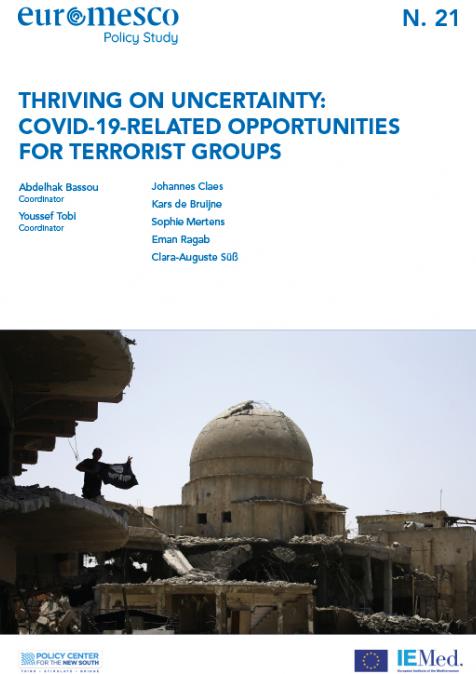Publications /
Policy Paper
Depuis une vingtaine d’années, la réforme du secteur de sécurité (RSS) s’est imposée comme un outil indispensable de sortie de crise et de reconstruction des pays faibles et faillis, au cœur du continuum sécurité-développement. Il est temps de faire le bilan des leçons apprises sur la RSS et de proposer une analyse des bonnes pratiques et des leçons à tirer de ces expériences. Si les « bonnes RSS » sont assez rares, l’expérience acquise permet de dégager quelques principes d’action. Plus les RSS réussissent à mobiliser une pluralité d’acteurs, plus elles ont de chance de réussir. Les RSS doivent aussi réunir plusieurs conditions : avoir une vision stratégique, construire une approche globale, lier efficacité et gouvernance, être durable, adopter le rythme adéquat ; et enfin recruter les bonnes personnes. Bien que les « bonnes RSS » soient difficiles à mettre en place, l’enjeu est très important puisqu’il s’agit de ramener une paix durable dans un pays.









